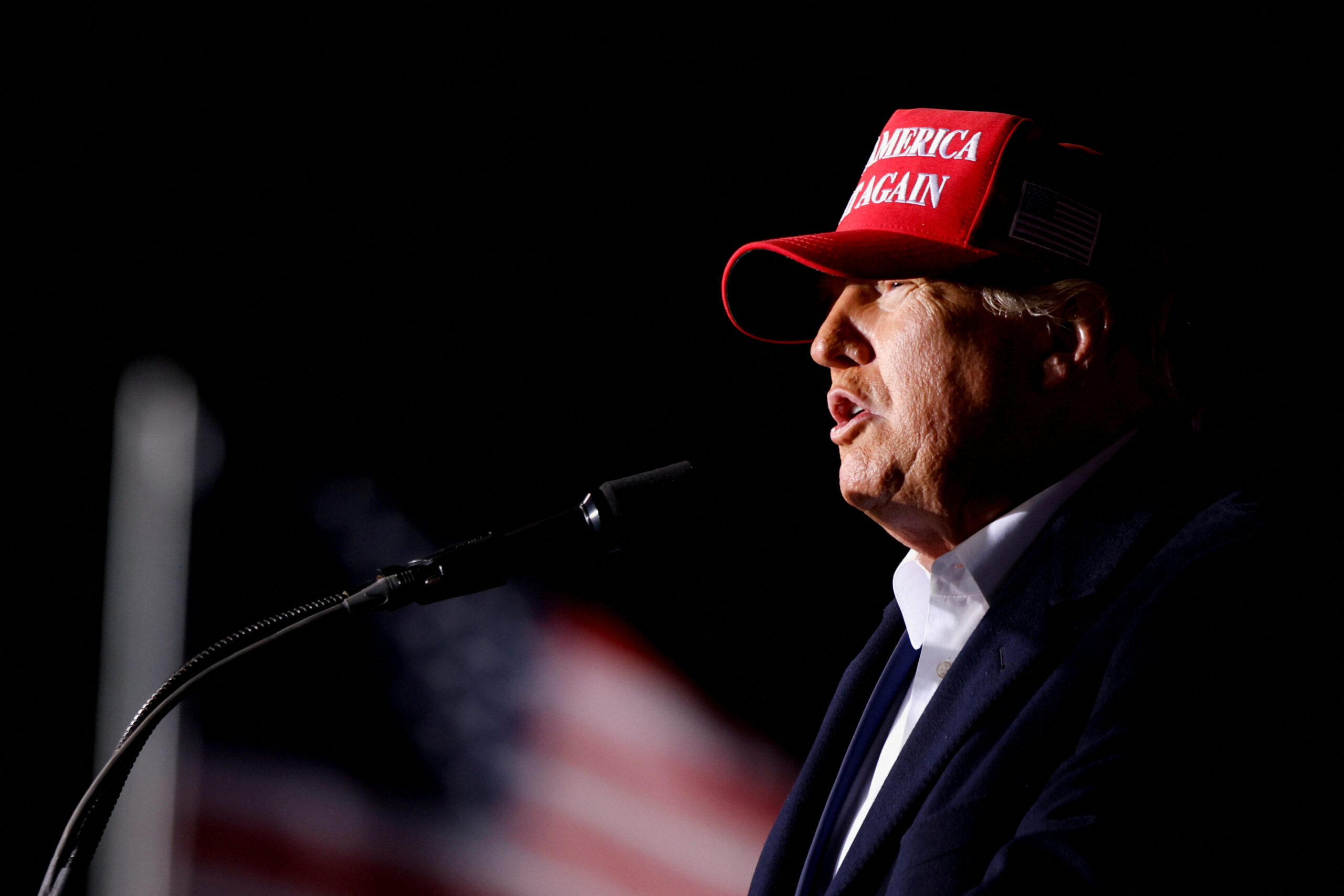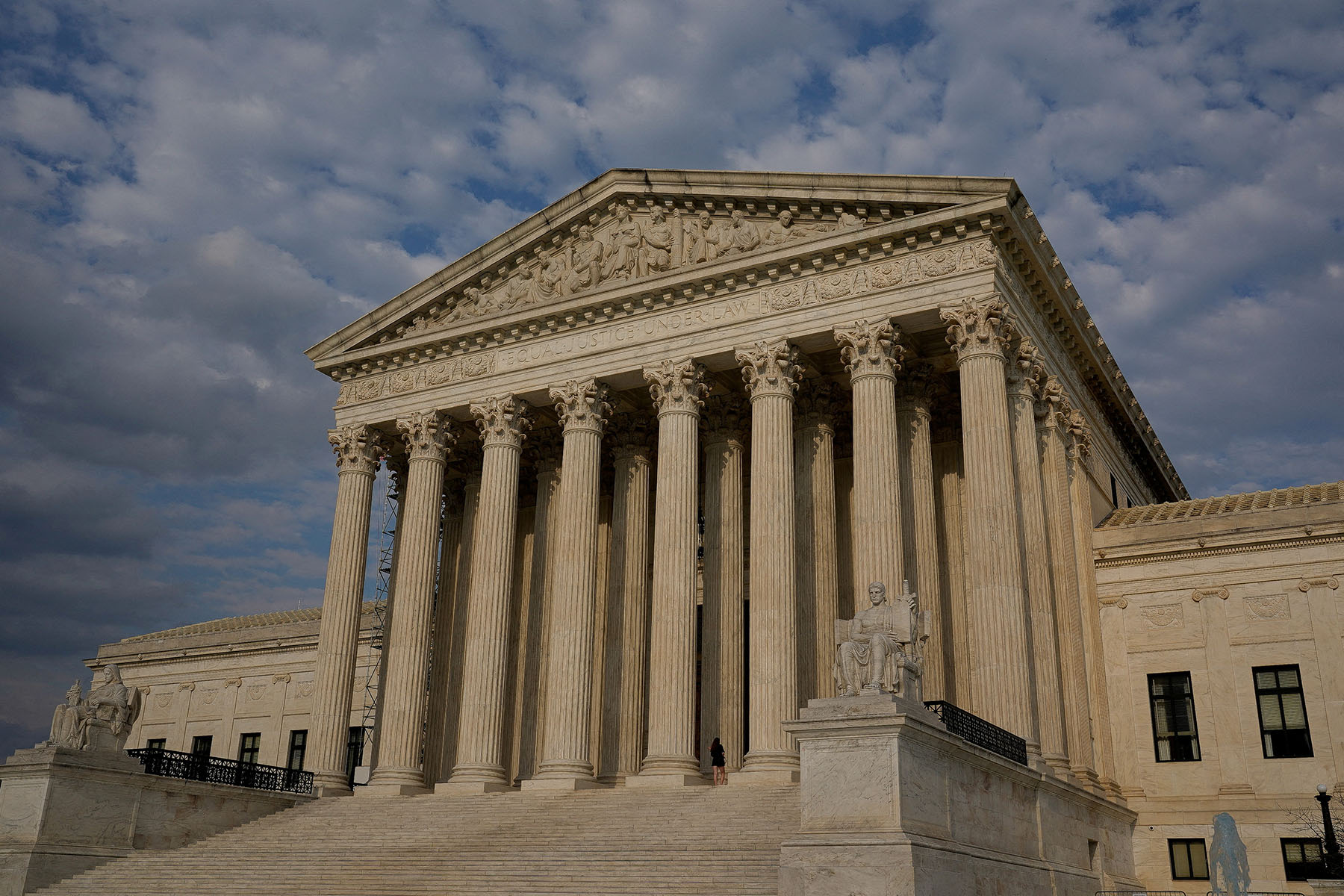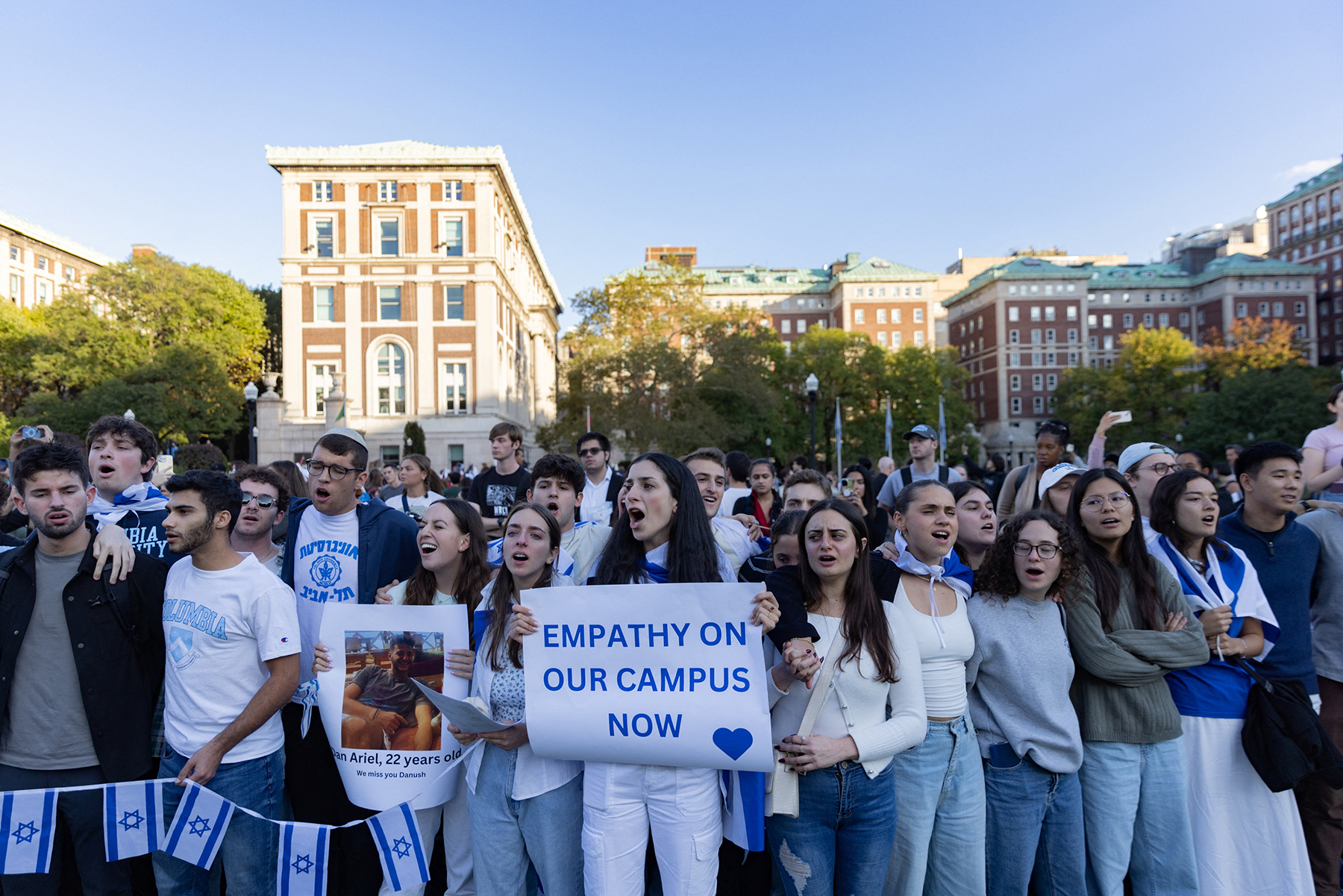Alex Jones Can’t Use Bankruptcy to Avoid Paying Sandy Hook Families, Judge Rules
The decision is another significant defeat for Jones in the wake of juries punishing him over spreading falsehoods about the nation’s deadliest school shooting.
Trump Appeals Limited Gag Order Imposed on Him in Election Interference Case
Former President Donald Trump is appealing a narrow gag order that bars him from making statements attacking people involved in his election interference case.
Colorado Court Upholds Search of Google Keyword History to Identify Arson Suspects
Critics say the approach creates a digital dragnet that threatens people’s privacy and constitutional protections against unreasonable searches and seizures.
Supreme Court Rejects North Carolina’s Appeal in Ag-Gag Law Dispute
The Supreme Court rejected North Carolina’s appeal in a dispute with animal rights groups over a law aimed at preventing undercover investigations at farms.
Israel-Hamas War Sparks Tension, Anguish on US College Campuses
America’s colleges aspire to be places where ideas meet and common ground emerges. As the death toll rises in the Israel-Hamas war, they have become seats of anguish.
Ban on Enforcement of Montana Drag Show Restriction Law Kept in Place
A federal judge in Montana is continuing to block enforcement of a law that puts restrictions on drag shows and bans drag reading events in public schools and libraries.
Federal Judge Imposes Narrow Gag Order on Trump in 2020 Election Subversion Case
The order from U.S. District Judge Tanya Chutkan is a milestone moment in the federal case that accuses Trump of illegally conspiring to overturn his 2020 election loss to Democrat Joe Biden.
Colorado Judge Rejects Trump’s Attempt to Toss Lawsuit Seeking to Bar Him From Ballot
A Colorado judge rejected former President Donald Trump's attempt to dismiss a lawsuit seeking to keep him off the state ballot, ruling that his free-speech objections did not apply.






